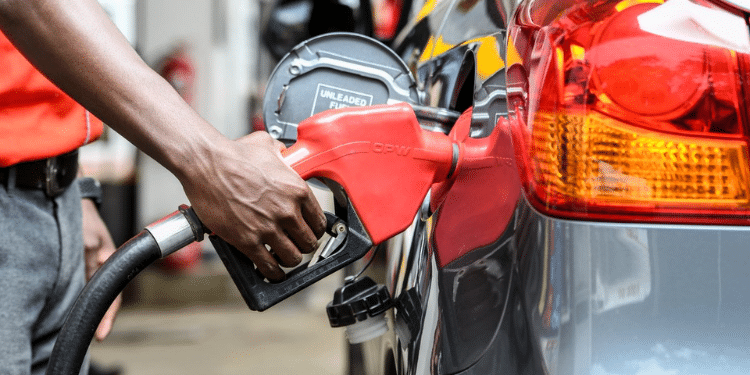The Energy and Petroleum Regulatory Authority (EPRA) has announced that it will soon introduce additional prices on fuel prices.
Speaking on March 12, EPRA Director General Daniel Kiptoo said the charges will cater for increasing costs shouldered by oil marketing companies and fuel transporters in Kenya.
EPRA says this will ensure that the cost of petroleum products reflects the supply chain expenses.
“It is important that we reflect the market realities of today in the price-regulated environment,” Kiptoo said.
The Authority says the decision follows the findings and recommendations in the second Cost of Service Study for the petroleum sector.
EPRA undertakes a cost-of-service study every five years for the petroleum and electricity sub-sectors.
The first was undertaken in 2018, and the second has just concluded in February 2024.
The study has made recommendations to add additional charges on petroleum products like petrol and diesel.
“Government usually has medium-term plans, so again, because a lot of fundamental issues in the economy may change, that’s why it’s important to review after every five years.” EPRA Director of Economic Regulations, Dr. John Mutua, said.
Policymakers and the board of directors at EPRA have approved the 14-month study.
Its implementation will lead to an increase in the prices of super petrol, diesel, and kerosene.
For instance, the price of petrol will increase by Ksh.7.80 per litre.
These extra charges will go to oil marketing companies and petroleum transporters in Kenya.
Kiptoo Defends Study Recommendation
Kiptoo justified the decisions stating that there are transporters who have not had an increase since 2010.
He said Kenyans should ask such questions since if such businesses close, it is their relative or a fellow Kenyan who will lose a job.
“So, if we don’t do our role as a regulator to ensure we balance the interests of investors and consumers, tomorrow the question will be: where was the regulator when this business was shutting down or moving to other jurisdictions?” Kiptoo asked.
Also Read: Meaning of Stars on EPRA Stickers Found on Fridges, Microwave & Electronics
EPRA to Cushion Kenyans
However, EPRA said the implementation of these new charges will be done gradually to cushion Kenyans from the hike in prices.
“We are looking at a mechanism where we implement the recommendations of this report in phases. We want to time it at a point when it will not impact the consumer negatively, and we want to apply it when petroleum pump prices are coming down,” Kiptoo added.
Also Read: EPRA Announces Fuel Prices for February and March Cycle
Introducing Charges Without Increasing Fuel Prices
Additionally, Kiptoo explained that international Platts prices, which are beyond EPRA’s control, have started to decrease.
Therefore, there is an opportunity for EPRA to implement the recommended margin increase without raising pump prices.
“We are seeing international Platts prices, which are not within our control, starting to decrease, so we see an opportunity where we will be able to implement these recommendations—even though it’s a margin increase—without necessarily increasing pump prices.”
The study was undertaken by Kurrent Technologies Limited in a joint venture with the UK’s Channoil Consulting Limited.
Follow our WhatsApp Channel and join our WhatsApp Group for real-time news updates











































































